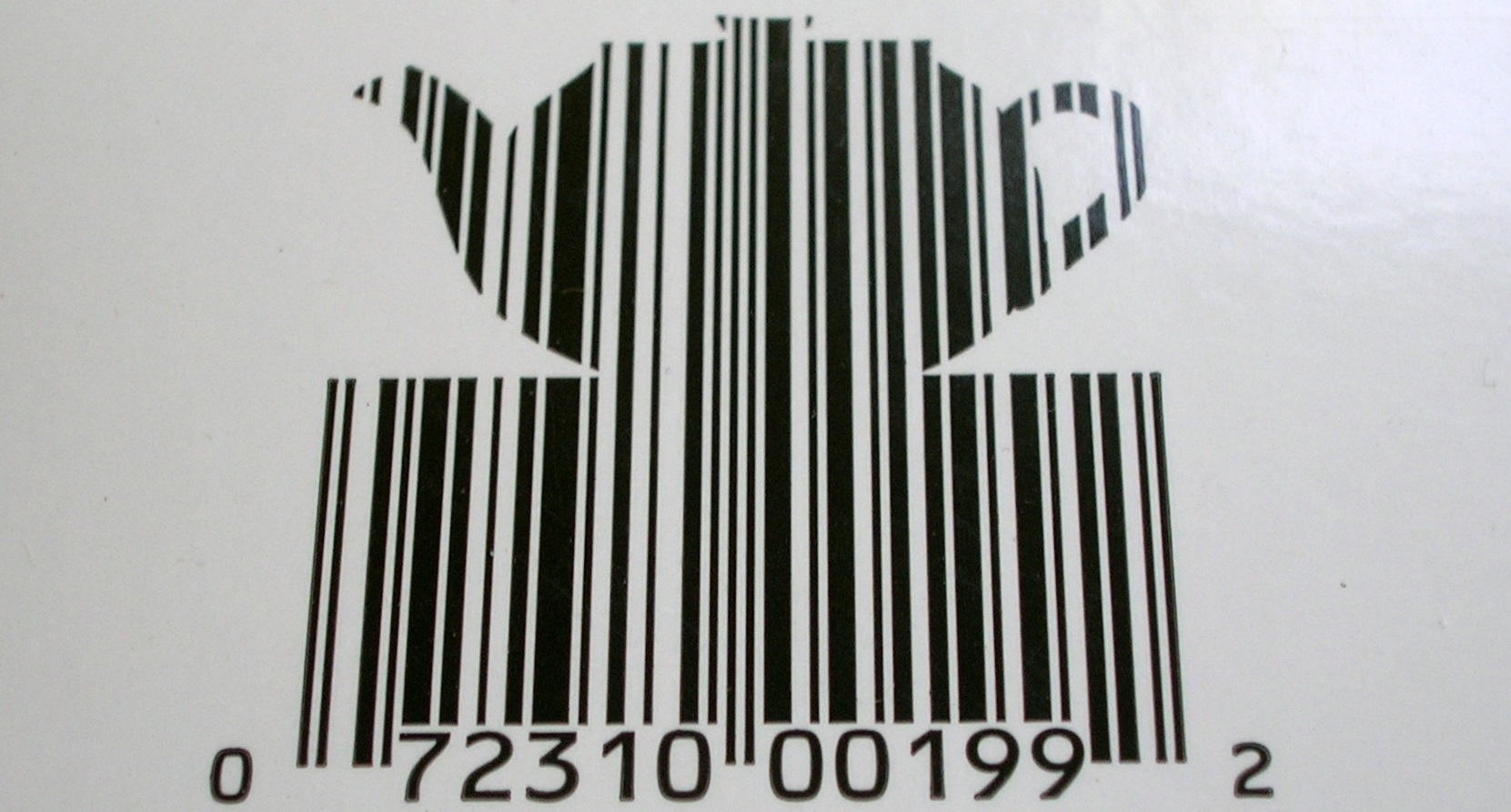What’s a DOI again?
11/08/2016

A DOI is a Digital Object Identifier and is often used as a persistent, unique identifier for an article, dataset, or other digital object. There are other ways to provide a persistent link to a digital object, but the DOI is probably the most common.
Why use them?
Citations for any digital object, such as articles or datasets, should include a DOI (as highlighted in our quick referencing guide pdf), but why? It’s because a DOI is permanent and can always be used to link to the resource.
It’s better than providing a link pointing to a publisher site, for example, in case the site name changes or the content moves to a different one. A DOI will never change and will always provide access to the object.
How do I use a DOI as a link to the object?
All DOIs start with 10 and include letters, numbers, and punctuation; two examples are 10.5284/1000389 and 10.17862/cranfield.rd.3380086.v1. They are also often seen in the format of a hyperlink, for example: https://doi.org/10.5284/1000389. This has three parts:
- https://doi.org – this is the resolver service
- 10.5284 – this is the prefix, which identifies the assigning body (for example, Cranfield University’s prefix is 10.17862)
- 1000389 – this is the suffix, which identifies the resource (each assigning body decides how to generate these suffixes, whether running numbers, random strings, or meaningful text; CORD uses ‘cranfield.rd.randomnumber’)
It’s very useful to remember that if you’re presented with a DOI which doesn’t take the form of a link, you can usually access the resource by prefixing it with “https://doi.org/”.
How do I get a DOI for my items?
If you publish a journal article, the publisher will assign it a DOI; this has been standard practice for a long time. But some other platforms are also able to generate DOIs. For example, CORD, Cranfield Online Research Data can assign DOIs, so any supporting research output published on CORD is given one. But do remember that obtaining a DOI for an item is a permanent step – so do only publish genuine items!
Does that mean I can’t edit something once it has a DOI?
No, don’t worry! Repositories often version items, so you’ll see in our example ‘10.17862/cranfield.rd.3380086.v1’ that it ends in ‘v1’. If a new version of the digital object is uploaded, that original DOI will still work and display that first version, but the new version will also be accessible with its own DOI of 10.17862/cranfield.rd.3380086.v2 and would be directly accessible at https://doi.org/10.17862/cranfield.rd.3380086.v2.
Image uses Teapot Barcode by Eppu Jensen available at https://www.flickr.com/photos/eppujensen/10732568604 under CC-BY-SA licence
Categories & Tags:
Leave a comment on this post:
You might also like…
Keren Tuv: My Cranfield experience studying Renewable Energy
Hello, my name is Keren, I am from London, UK, and I am studying Renewable Energy MSc. My journey to discovering Cranfield University began when I first decided to return to academia to pursue ...
3D Metal Manufacturing in space: A look into the future
David Rico Sierra, Research Fellow in Additive Manufacturing, was recently involved in an exciting project to manufacture parts using 3D printers in space. Here he reflects on his time working with Airbus in Toulouse… ...
A Legacy of Courage: From India to Britain, Three Generations Find Their Home
My story begins with my grandfather, who plucked up the courage to travel aboard at the age of 22 and start a new life in the UK. I don’t think he would have thought that ...
Cranfield to JLR: mastering mechatronics for a dream career
My name is Jerin Tom, and in 2023 I graduated from Cranfield with an MSc in Automotive Mechatronics. Originally from India, I've always been fascinated by the world of automobiles. Why Cranfield and the ...
Bringing the vision of advanced air mobility closer to reality
Experts at Cranfield University led by Professor Antonios Tsourdos, Head of the Autonomous and Cyber-Physical Systems Centre, are part of the Air Mobility Ecosystem Consortium (AMEC), which aims to demonstrate the commercial and operational ...
Using grey literature in your research: A short guide
As you research and write your thesis, you might come across, or be looking for, ‘grey literature’. This is quite simply material that is either unpublished, or published but not in a commercial form. Types ...






